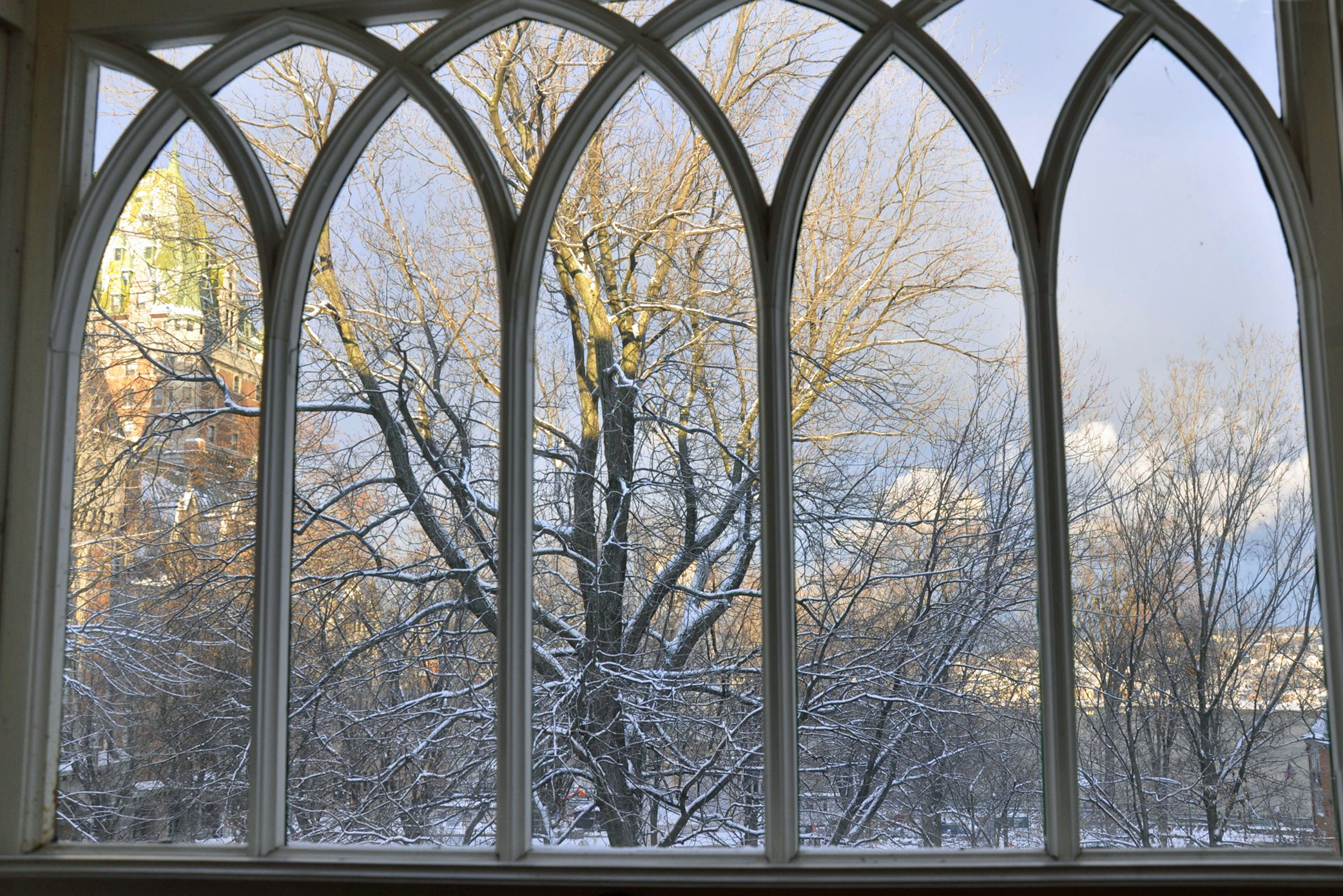
On the positive side, we find that we can be forgiven for past failures – and there are a lot of failures in facing complex, unpredictable and turbulent postmodern relationships. We also find that people whom we have reason to believe are “unredeemable” can rise to heroic actions in specific settings and at specific times. I am reminded of the San Francisco Bay earthquake and, in particular, the collapse of the Cyprus Freeway structure in the East Bay (Oakland). We can all recall graphic pictures on television and in newspapers and magazines of brave men climbing the collapsed structure to rescue those who were trapped in their car.
What is rarely told is that many of these remarkable men came out of the saloons that litter the landscape of the urban blight over which the Cyprus Freeway crossed. These were “drunks” and “bums” who found exceptional courage (and meaning) in their efforts to save other people. For a few minutes and in a specific context (physical catastrophe) they were heroes and engaged in worthwhile actions. They were situational warriors, fighting a good cause. We forgave them for (or ignored) their past transgressions and honored them for a brief period of time as the best kind of people. Soon they would return to a different situation (the bars and a meaningless existence) and resume their old behavior.
Unfortunately, there is also a negative side—as Lasch notes. We are confused about our authentic self and, as a result, obsess about finding what is authentic. Lasch describes this as a culture of narcissism in which we devote considerable time and energy to the task of finding our self. This means that we have less time for other people and live with a fiction that is centered in an internal locus of control: we assume that there is a self that we can determine and control and that we are not products of our time, our situation, our context. Like the Cyprus Freeway heroes, we can be great men and women in some settings—but this does not make us always a great person. We must live with our own fall from heroism, our own confusing sense of multiple selves, and our focus on a smaller authentic self that is unchanging and always dependably present to guide us in our confusing postmodern life.









